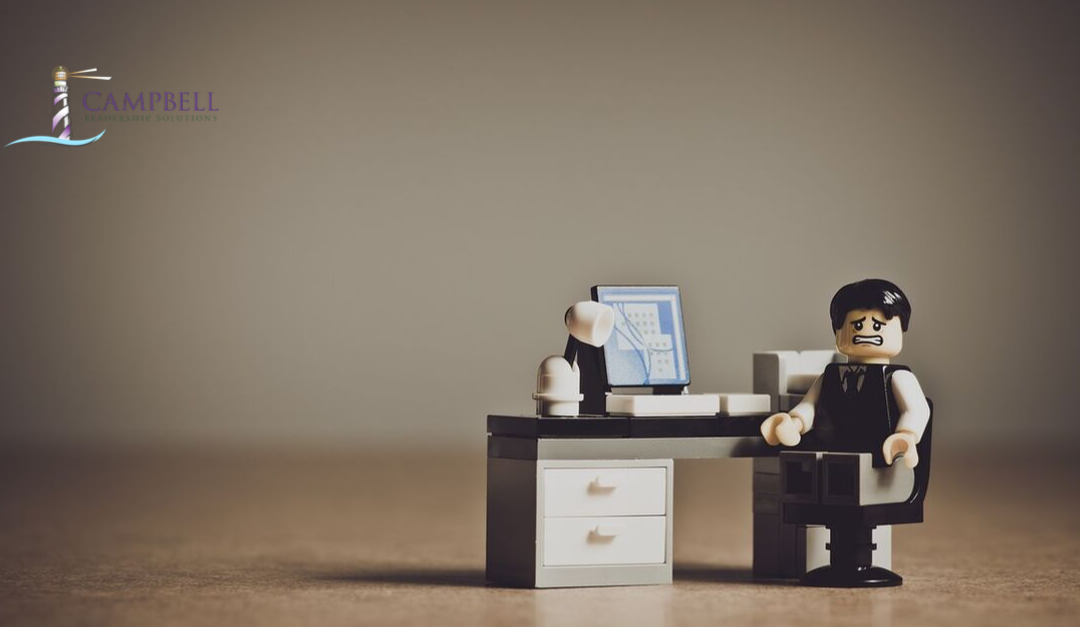“When we are uncomfortable and unhappy, we lose touch with our intuition.”
Kahneman, D. (2011). Thinking Fast and Slow. New York: Farrar, Straus and Giroux. p. 69
Emotions are tricky things. We need to experience all of them to be human. As psychologist and researcher Brené Brown states, you cannot selectively dull emotions. If you try to dull the negative, you end up dulling the positive as well.
It turns out our various moods have pros and cons that go with them.
According to the research[1] when we are in a happy mood, we tend to have better intuition and increased creativity. Sounds great. However, we also tend to be more gullible, less vigilant and more prone to logical errors. The premise is when we are happy, things are likely going well, and the environment is safe. We can, therefore, let our guard down more.
When we are in a bad mood, we tend to be less creative, and our intuition fails more often. Thinking becomes more effortful, however, we become more vigilant, suspicious and analytical. The narrative is that if we are in a bad mood, we are likely in a more dire situation where there are potential threats.
In a perfect world, there would be no threat, and perhaps we would be in a good mood all the time. There would be no need for suspicion or vigilance.
The perfect world, however, does not exist.
[1] Kahneman, D. (2011). Thinking Fast and Slow. New York: Farrar, Straus and Giroux. Ch. 5.
